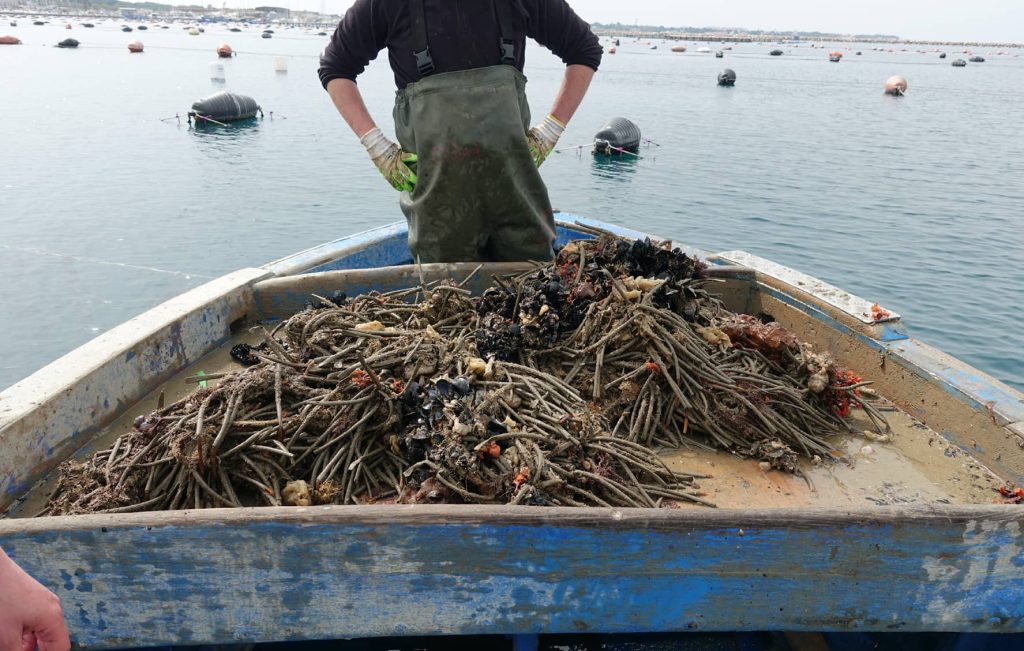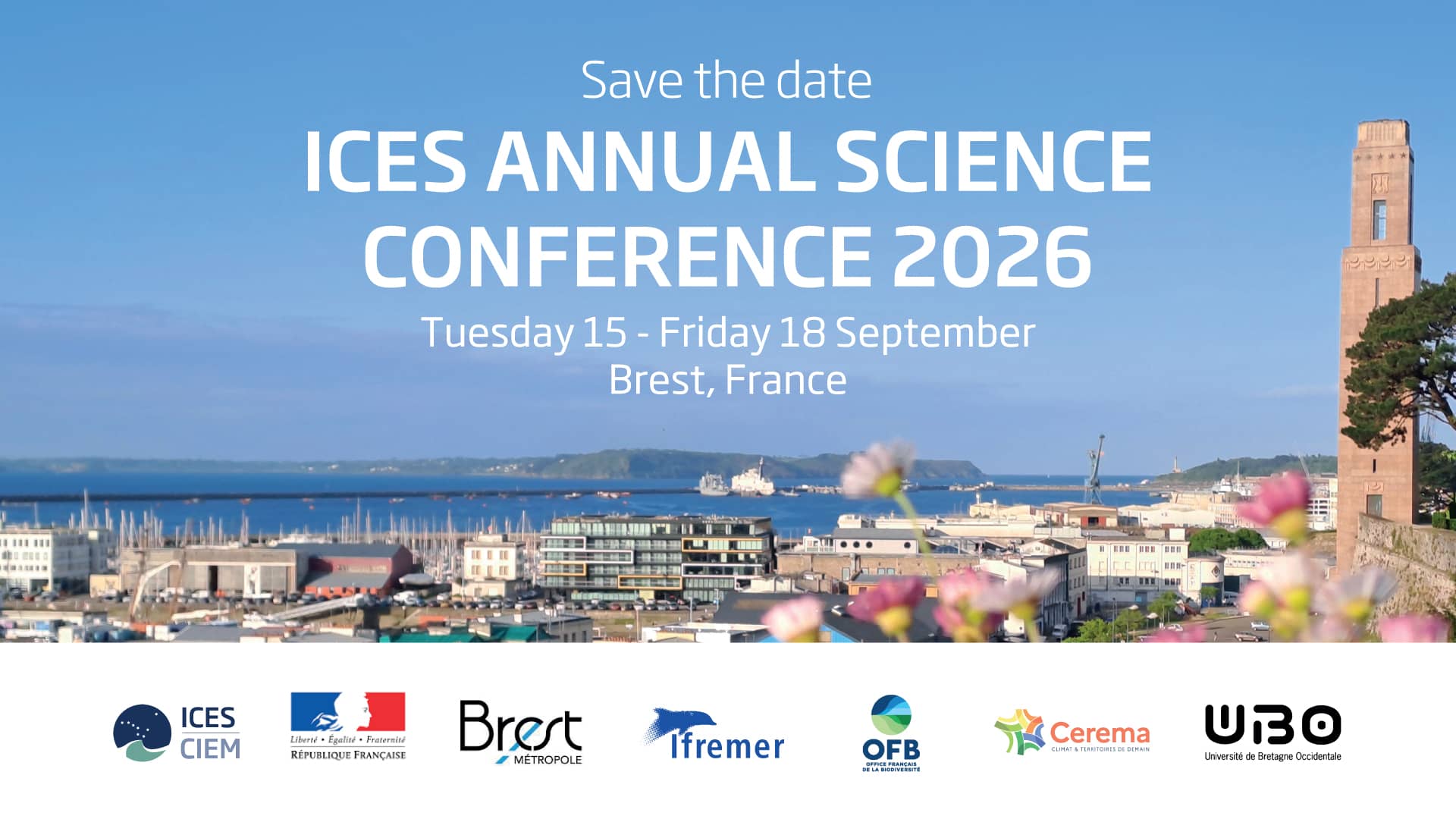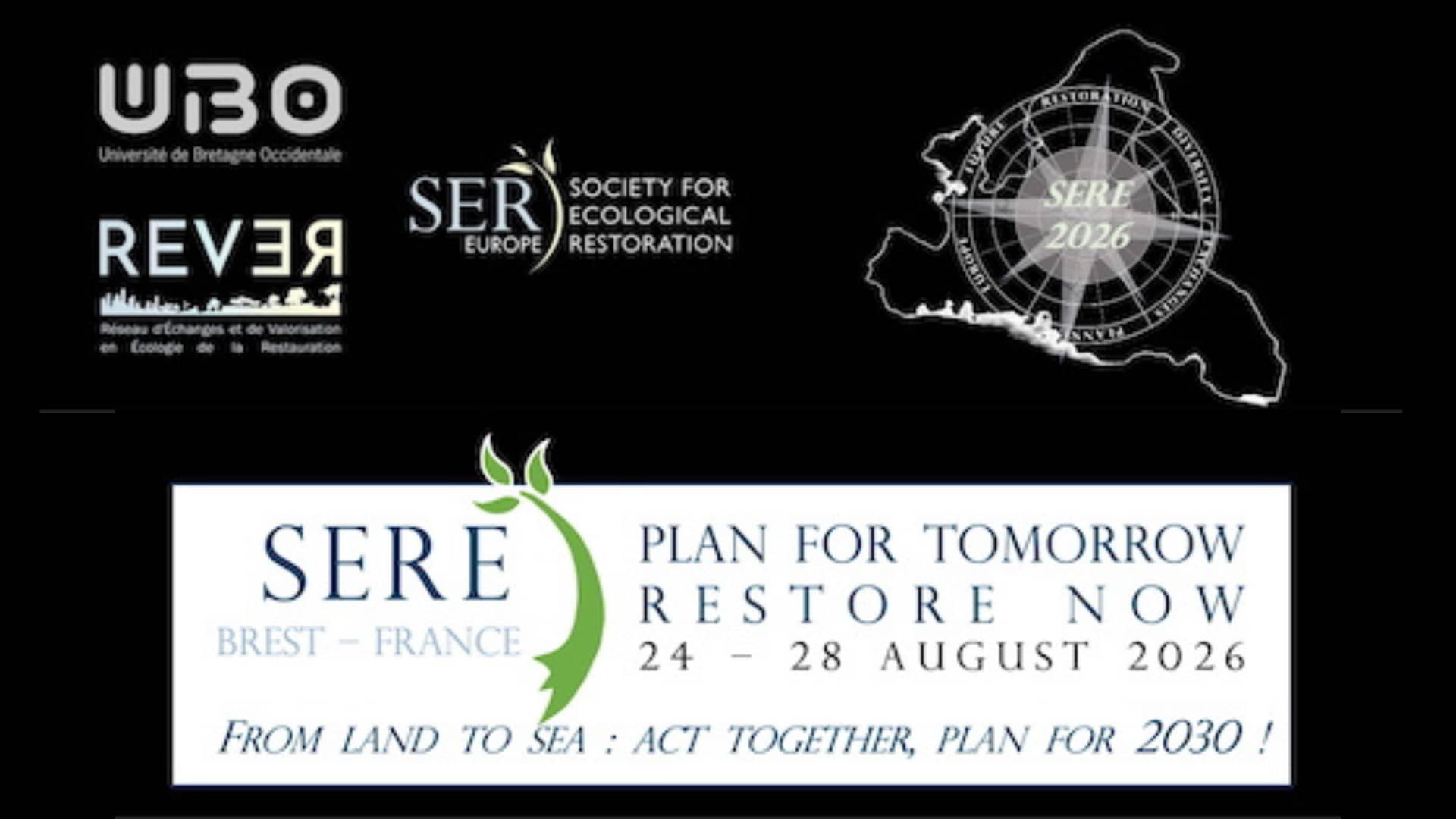Underwater view of numerous Sabella spallanzanii worms cultivated on experimental ropes within the innovative IMTA developed under the REMEDIALIFE project in Taranto (southern Italy). Photo credit: Adriana Giangrande (University of Salento), coordinator of REMEDIALIFE project.
Progress toward a sustainable relationship with the ocean rarely happens in isolation. It rather emerges from shared experiences, collaborative learning, and the ability to connect projects and disciplines. Within the OCEAN CITIZEN project, this collaborative spirit has been fundamental, especially at times when regulatory and practical challenges could have slowed progress.
The synergy between OCEAN CITIZEN and REMEDIALIFE represents a meaningful example of how two different projects can converge toward the same long-term vision: a healthier and more sustainable marine environment. While REMEDIALIFE focused specifically on developing and demonstrating a sustainable Integrated Multi-Trophic Aquaculture (IMTA) system in the Mediterranean Sea, OCEAN CITIZEN has a broader scope that aims to restore the marine environment by using nature-based solutions to recover coastal ecosystems and enhance biodiversity. Within this wider framework, IMTA plays a key role as a potential tool for restorative aquaculture, where food production and ecosystem recovery can coexist.
The REMEDIALIFE project, coordinated by the University of Salento, developed one of the first operational IMTA systems in the Mediterranean Sea. The system, located in Taranto (southern Italy), integrates multiple species, including fish, bivalves, seaweed, and even polychaetes, within a circular model that promotes nutrient recycling and diversification of commercial species. This experience has provided not only a technical blueprint but also valuable insights into ecosystem interactions and management practices. Within OCEAN CITIZEN, the same research group has been able to build upon these achievements, transferring knowledge and methods from REMEDIALIFE into new contexts.
In the Canary Islands, OCEAN CITIZEN plans to implement a new IMTA pilot system in collaboration with Industrias Acuícolas de Canarias S.L., a fish farming company based in Los Cristianos (Tenerife). This collaboration aims to test the integration of restorative aquaculture practices within an existing production site, exploring how the IMTA concept can enhance both ecological and economic sustainability.
At present, the team is waiting for the official authorization required to initiate aquaculture activities in Tenerife. These permits are necessary to operate the multi-species cultivation system that will bring together fish, macroalgae, and invertebrates following the IMTA model. In the meantime, the research has continued in Taranto, where the established IMTA infrastructure under REMEDIALIFE allows ongoing experimentation, monitoring, and refinement of protocols. This continuity has also led to important scientific outcomes, such as the recent publication “Cultivation of the polychaete worm Sabella spallanzanii (Gmelin, 1791) in a novel multi-species IMTA (Integrated Multi-Trophic Aquaculture) system in the Mediterranean Sea” by Daniele Arduini, Sergio Rossi, Danilo Migoni and Adriana Giangrande of the Department of Environmental and Biological Sciences and Technologies (DiSTeBA) – University of Salento.

Harvest moment: experimental ropes lifted on board at the end of the cultivation cycle, showing numerous large Sabella spallanzanii worms grown within the innovative IMTA developed under the REMEDIALIFE project in Taranto (southern Italy). Photo credit: Adriana Giangrande (University of Salento), coordinator of the REMEDIALIFE project.
The study highlighted the ecological and practical importance of cultivating low-trophic species that do not require external feed inputs, such as the polychaete Sabella spallanzanii. The results showed that the inclusion of such species contributed to improving water quality and overall ecosystem functioning, while also offering additional biomass for potential commercial applications (e.g., in the fish feed or biotechnology industries).
The close connection between REMEDIALIFE and OCEAN CITIZEN demonstrates how progress can be achieved through sharing. The knowledge developed in Taranto is now influencing the design and future operation of the Tenerife pilot project, creating a direct link between the Mediterranean and the Atlantic, between past experience and future application. As the authors noted: “Sustainable innovation is not a linear path but rather a hurdle race, with each challenge offering an opportunity for networking. The collaboration between OCEAN CITIZEN and REMEDIALIFE demonstrates that sharing efforts and results saves time and resources, allowing us to continue learning and improving. The sea connects regions and communities; our work reflects this connection by promoting cooperation and exchange.”




